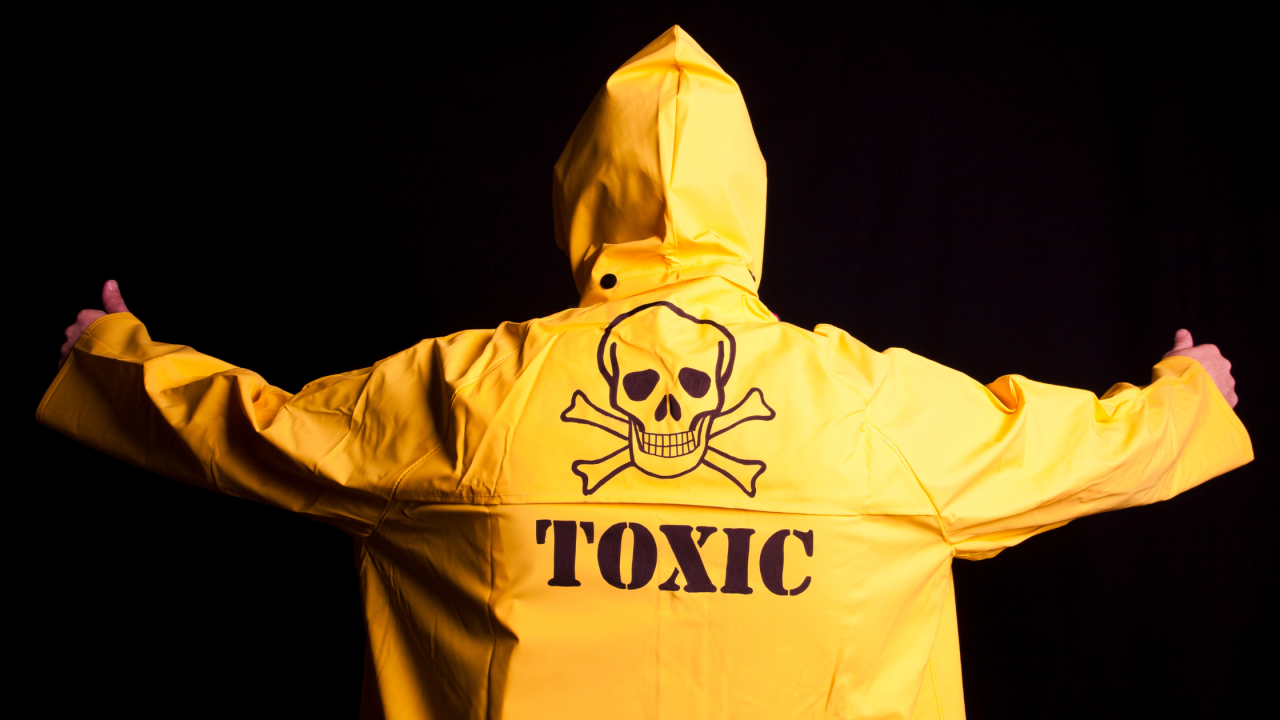In this new blog series, Blackburn Capital managing partner Greg McDonough explores how businesses can strengthen operations to stay afloat during the current economic slowdown, and any future recessions. Drawing on many years’ experience as a business manager, entrepreneur and financial consultant, McDonough offers tips, strategies and action plans designed to build a solid survival plan.
Lately there has been a lot of chatter in the media about whether the United States has slid into a recession. Making that call is complicated by the fact that even economists don’t always agree on whether a recession has taken hold. Turning points in the economy such as a recession can only be identified retrospectively once comprehensive historical data has been collected.
A recession is defined as a widespread, significant downturn in economic activity that can include declines in industrial production, consumer and business spending, employment levels and incomes. A commonly used gauge is a contraction of the economy over two consecutive quarters. That already occurred in 2022, when gross domestic product (GDP) in the United States dropped by 1.6% in the first quarter and 0.9% in the second.
A recession can be measured by its depth, diffusion, and duration. It starts from the prior expansion’s peak to the trough of the downturn. Prior to this year, the last recession was triggered by the Covid pandemic. That was a short but deep downturn that lasted just two months, beginning in February 2020, and ending in April.
Whether the country is officially experiencing a recession is determined by a panel of eight esteemed economists who sit on the Business Cycle Dating Committee, which falls under the umbrella of the National Bureau of Economic Research (NBER). The committee is tasked with tracking a chronology of US business cycles. They identify the dates of the peaks and troughs that frame recessions and expansions.
Technically speaking, we’re in a recession, although since unemployment remains low, many people may think it doesn’t feel like a recession. However, as the Federal Reserve aggressively raises interest rates to curb inflation, business activity will likely continue to decline, and the economic downturn may then deepen.
So how do you prepare your business to face a weak economy? What steps can you take now that will help you survive, or even thrive, until economic health returns? Stay tuned because I’m releasing a series of blog posts that will answer exactly those questions.




